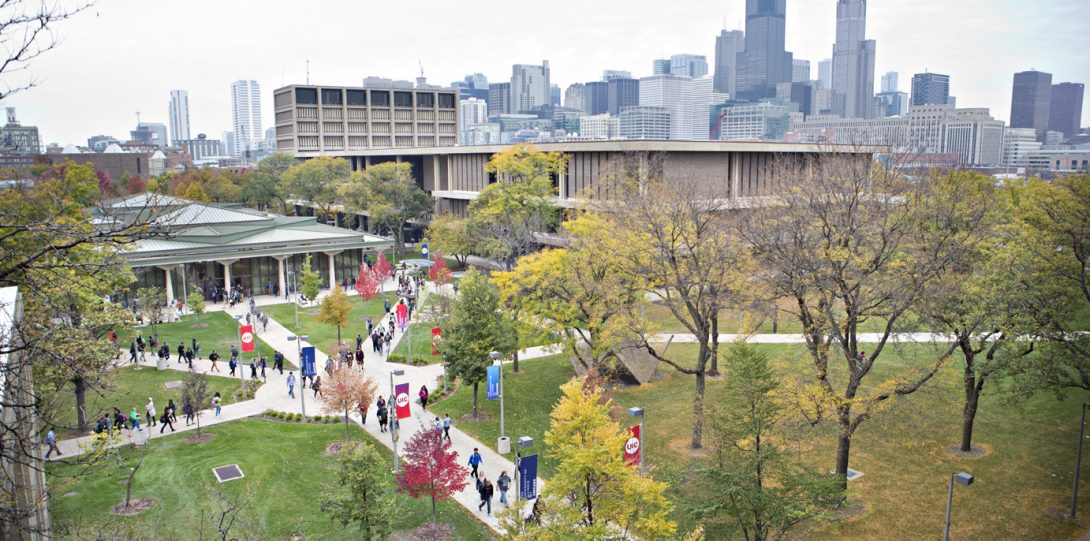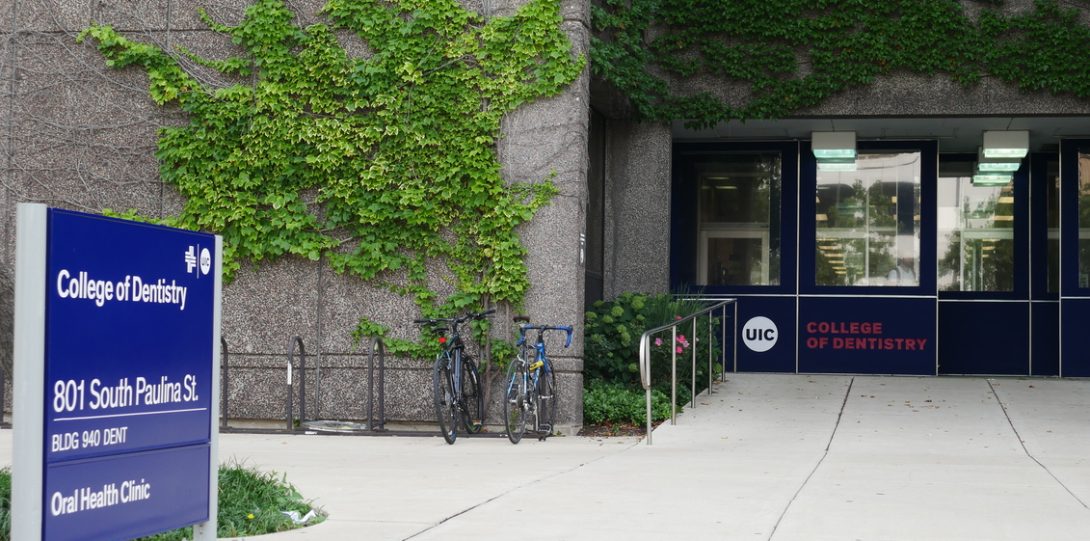Annual Non-coding RNA Symposium 2024
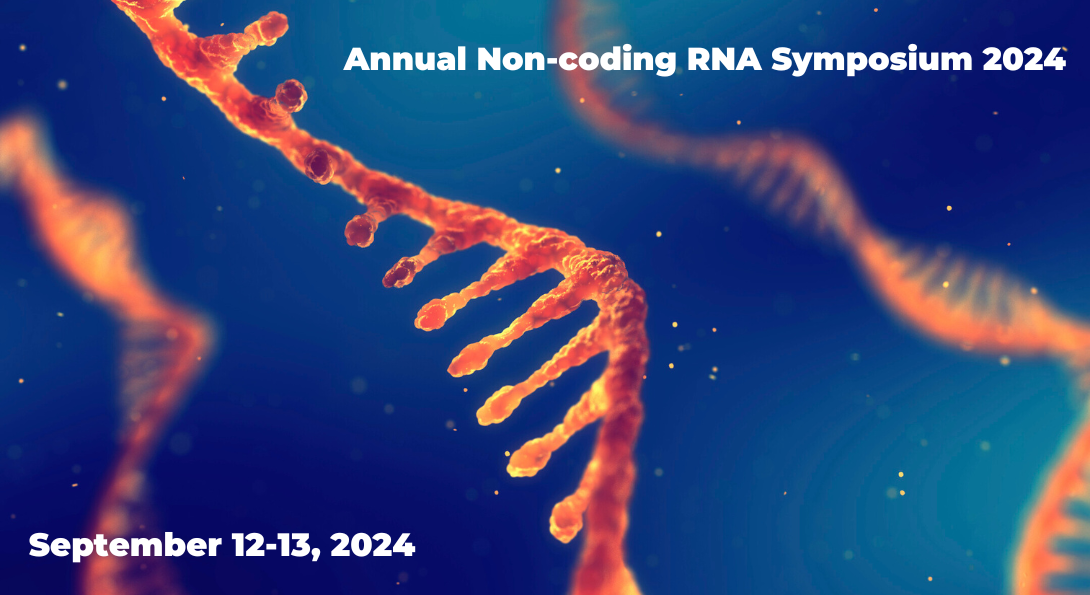
The Annual Non-Coding RNA Symposium is a global forum that brings together internationally renowned experts to highlight the latest developments in the field of basic and translational non-coding RNA research. This symposium aims to foster cross-collaborations between national and international researchers/clinicians and serve as a vital platform to accelerate the clinical utility of non-coding RNA-based diagnostics and therapeutics that can pave ways for precision medicine. This meeting will strengthen academia-industry partnership and provide a stimulating environment where students, postdocs and junior investigators can present (oral talk and poster) and discuss their research to a diverse audience. We have included a new session on Cutting-edge technologies highlighting new tools and techniques to study noncoding RNAs and a panel discussion on career development opportunities for the students and junior scientists.
On behalf of the organizers, Dr. Afsar Naqvi (UIC COD), Dr. Roopa Biswas (USU School of Medicine), Dr. Victor Ambros (UMass Chan Medical School) and Dr. Luisa Cochella (Johns Hopkins) we cordially invite noncoding RNA researchers and enthusiasts to participate in this year’s symposium from Thursday, September 12, 2024 - Friday, September 13, 2024.
Please find details on location, registration dates and pricing, agenda, abstract submission, speaker information, and sponsorship below. If you have urgent questions please contact Dr. Afsar Naqvi directly at afsarraz@uic.edu. If you have any general questions or require more information please email us microRNAsymposium@uic.edu.
Register Here
Location Heading link
Location – UIC Molecular Biology Research Building Auditorium Room 1017 – 900 S. Ashland Ave. Chicago, Illinois 60607
Keynote Speakers Heading link
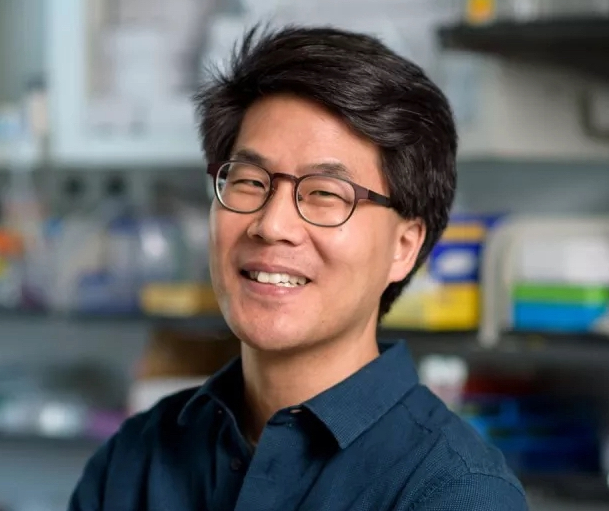
Eric C. Lai, PhD
Memorial Sloan Kettering Cancer Center
“RNAi and miRNAs: from mechanisms to biology”
Dr. Lai completed his PhD in Biology at University of California, San Diego. During his post-doctoral training with Dr. Gerald M. Rubin, at University of California, Berkeley he studied genome wide analysis of Drosophila microRNA function. His guiding research interest is to comprehend how complex biological patterns can be assembled with stereotyped precision during development. His lab utilizes integrative approaches to decipher genomic regulatory networks and their molecular mechanisms.
Bryan Cullen Heading link
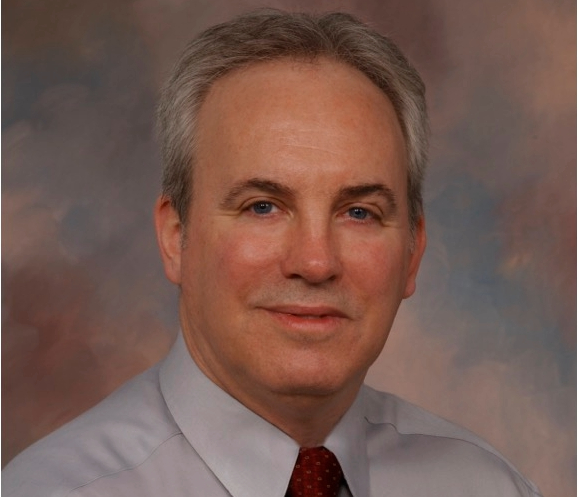
Bryan Cullen, PhD
Duke University
“How viruses subvert and co-opt miRNA-mediated gene regulation”
Dr. Cullen received a PhD in Microbiology from Rutgers University, New Jersey. He currently holds a James B. Duke Professorship in the Department of Molecular Genetics and Microbiology at Duke University Medical Center. His laboratory studies the biogenesis and function of virus-encoded microRNAs. He is also interested in determining how epi-transcriptomic modifications affect viral replication and pathogenicity.
Anil Sood Heading link
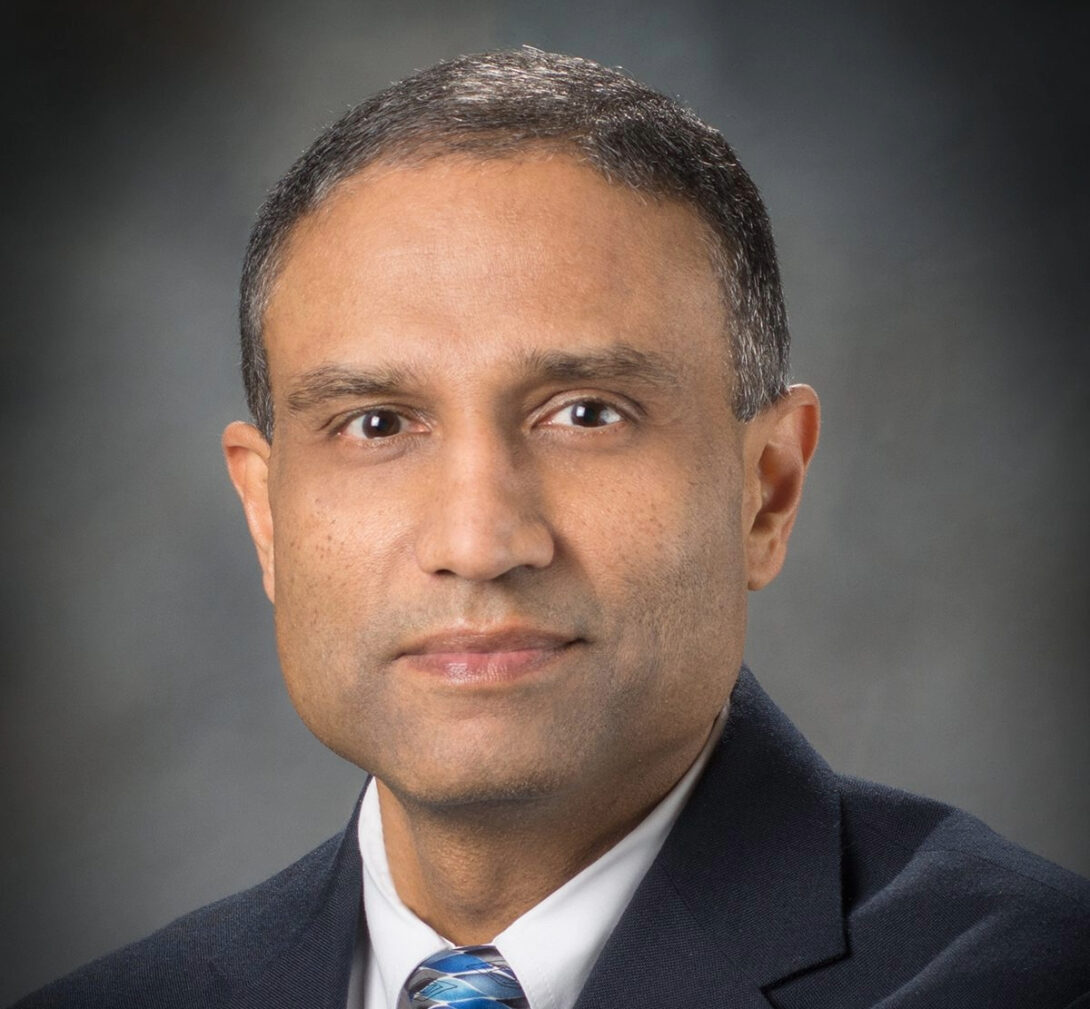
Anil Sood, MD
MD Anderson Cancer Center
“Therapeutic applications of non-coding RNAs”
Dr. Sood received his medical degree from the University of North Carolina, Chapel Hill, North Carolina. He is a Professor and Vice Chair for Translational Research in the Departments of Gynecologic Oncology and Cancer Biology and co-director of the Center for RNA Interference and Non-Coding RNA at the MD Anderson Cancer Center. His research is focused on understanding the mechanisms of angiogenesis and metastasis in ovarian cancer, effects of neuroendocrine stress hormones on ovarian cancer growth and progression, and development of new strategies for systemic in vivo siRNA delivery.
Jeff Coller Heading link
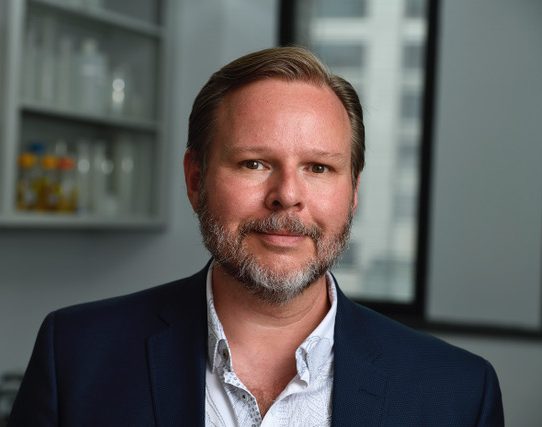
Jeff Coller, PhD
Johns Hopkins University
“Harnessing RNA to achieve precision gene therapy”
Dr. Coller completed his doctoral studies at University of Wisconsin-Madison and postdoctoral training at the University of Arizona. He is currently the Bloomberg Distinguished Professor of RNA Biology and Therapeutics at Johns Hopkins University and Scientific Co-Founder of Tevard Biosciences. His research is focused on understanding the very essence of life: translation of the genetic code and has led to fundamental shifts in the understanding of gene expression. Coller’s lab investigates the exact signals at the end of mRNA translation and the beginning of mRNA degradation, which is not yet understood but holds great potential for novel therapeutics.
Register Here
Other Invited Speakers Heading link
-
More Invited Speakers
Myriam Gorospe, PhD – National Institute on Aging, NIH
Richard Carthew, PhD – Northwestern University
Joana Vidigal, PhD – National Institute on Aging, NIH
Susan Carpenter, PhD – University of California San Diego
Xian-Ming Chen, MD, MS – Rush University
Rolf Renne, PhD – University of Florida Gainesville
Shizhen Wang, PhD- University of California San Diego
Egon Ranghini, PhD – 10 X Genomics
Markos Koutmos, PhD – University of Michigan
Richard Novak, MD – University of Illinois Chicago
Program Agenda Heading link
-
Program Agenda
Thursday, September 12, 2024 8:00 a.m. – 6:30 p.m. Central Daylight Time
Registration: Opens at 8:00 a.m.
8:00 – 9:00 a.m.
Breakfast9:00 a.m. – 9:15 a.m.
Welcome
Joanna Groden – Vice Chancellor for Research
University of Illinois ChicagoSusan Rowan – Dean
University of Illinois Chicago College of DentistrySession 1: Non-coding RNAs in Development and Physiology
Session Chair: TBA9:15 a.m. – 10:00 a.m.
Keynote Lecture
Eric Lai – Memorial Sloan Kettering Cancer Center
“RNAi and miRNAs: from mechanisms to biology”10:00 a.m. – 10:30 a.m.
Myriam Gorospe – National Institute on Aging, NIH
“Long noncoding RNA in regeneration of aging muscle”10:30 a.m. – 10:55 a.m.
Richard Carthew – Northwestern University
“Are microRNAs optional?”10:55 a.m. – 11:20 a.m.
Joana Vidigal – National Institute on Aging, NIH
“AGO unchained: in vivo roles in the miRNA pathway and beyond”11:20 a.m. – 11:35 a.m.
Coffee Break11:35 a.m. -12:05 p.m.
Selected Short Talks12:05 p.m. – 1:00 p.m.
Lunch Break
(MBRB 1st Floor Lobby)Session 2: Non-coding RNAs in Immunity and Infectious Disease
Session Chair: TBA1:10 p.m. – 2:00 p.m.
Keynote Lecture
Bryan Cullen – Duke University
“How viruses subvert and co-opt miRNA-mediated gene regulation”2:00 p.m. – 2:30 p.m.
Susan Carpenter – University of California San Diego
“Utilizing high throughput and targeted approaches to functionally characterize conserved lncRNAs in innate immunity”2:30 p.m. – 3:00 p.m.
Xian-Ming Chen – Rush University
“LncRNAs modulate IFN-gamma-stimulated intestinal epithelial cell-intrinsic defense”3:00 p.m. – 3:30 p.m.
Coffee Break3:30 p.m. – 4:30 p.m.
Sponsor Talks4:30 p.m. – 6:30 p.m.
Poster Session, Networking, Snacks, and Beverages
Live Music: UIC Students and Dr. Eric Lai
Location: UIC COD 5th Floor Commons – 801 S. Paulina St, Chicago, IL 60612Friday, September 13, 2024 8:30 a.m. – 5:00 p.m. Central Daylight Time
8:30 a.m. – 9:30 a.m.
BreakfastSession 1: Non-coding RNAs in Cancer
Session Chair: TBA9:30 a.m. – 10:00 a.m.
Keynote Speaker
Anil Sood – MD Anderson Cancer Center
“Therapeutic applications of non-coding RNAs”10:00 a.m. – 10:30 a.m.
Rolf Renne – University of Florida Gainesville
“The role of short and long noncoding RNAs in the biology of Kaposi’s sarcoma-associated Herpesvirus”10:30 a.m. – 11:00 a.m.
Shizhen Wang – University of California San Diego
“Cancer–host crosstalk through extracellular miRNA”11:00 a.m. – 11:15 a.m.
Coffee Break11:15 a.m. – 12:45 a.m.
Selected Short Talks11:45 a.m. to 12:30 p.m.
Sponsor TalksEgon Ranghini – 10 X Genomics
“The gold standard for single cell genomics, transformed”12:30 p.m. – 1:45 p.m.
Lunch Break
(MBRB 1st Floor Lobby)
(Lunch will be provided)Session 2: Cutting-edge Technologies
Session Chair: TBA
1:45 p.m. – 2:30 p.m.
Keynote Speaker
Jeff Coller – Johns Hopkins University
“Harnessing RNA to achieve precision gene therapy”2:30 p.m. – 3:00 p.m.
Markos Koutmos – University of Michigan
“Unveiling New Antibiotics: A Pipeline for Targeting Structured RNAs with Small Molecules”3:00 p.m. – 3:40 p.m.
Richard Novak – University of Illinois Chicago
“RNA-based Vaccines in Infectious Diseases”3:40 p.m. – 4:00 p.m.
Awards, short talks and poster presentationConcluding Remarks
Ana Bedran-Russo, Associate Dean for Research, UIC CODPraveen Gajendrareddy, Head, Department of Periodontics, UIC COD
Important Dates Heading link
-
Important Dates
Abstract Deadline: August 15, 2024
Early Bird Registration Deadline: August 1, 2024
Sponsorship Heading link
-
Become a Sponsor
The University of Illinois at Chicago (UIC) College of Dentistry cordially invites you to participate in our Annual Non-Coding RNA Symposium, to be held on September 12-13, 2024. Register as a sponsor here.
The purpose of this annual symposium is to provide a global forum for experts and participants from academia and to exchange ideas and present results of ongoing research in the field of “Noncoding RNAs in health and disease”. Pioneers in the field of non-coding rna biology will present their seminal work. In addition, we aim to foster cross-discipline collaborations, and provide presentation opportunities to graduate students and post-docs.
Corporate sponsors, and service providers are an integral part of the success of our symposium. As a sponsor, you can participate in all of the day’s activities as well as display and promote your products and services to the attendees. Exhibitor time has been integrated into the program, and breakfast, lunch and beverages are included for Exhibitors.
We are offering various levels of sponsorship.
Special Sponsor levels offering a variety of benefits are available. These include:
Platinum Sponsorship: $10,000
Gold Sponsorship: $7,500
Silver Sponsorship: $5,000
Bronze Sponsorship: $2,500
Exhibit Table: $1500
Oral and Poster Presentation Award Sponsorship: $500
Platinum Sponsors ($10,000):- Priority exhibit location for one 4-foot exhibit table
- Two free complimentary registration for sponsor attendee
- Full page, 4-color back inside cover ad in the Program Book (Online only)
- Recognition in the Directory of Participating Companies in the Program Book (online only)
- Continental breakfast, lunch, snacks and beverages
- Parking validation
- Company banner will be placed near the podium (company is responsible for bringing their own banners- 4-6 ft. tall)
Gold Sponsors ($7,500):
- Prime exhibit location for one 4-foot exhibit table
- Two free complimentary registration for sponsor attendee
- Half page, 4-color back inside page ad in the Program Book (Online only)
- Recognition in the Directory of Participating Companies in the Program Book (online only)
- Continental breakfast, lunch, snacks and beverages
- Parking validation
- Company banner will be placed near the entry door (company is responsible for bringing their own banners- 4-6 ft tall)
Silver Sponsors ($5,000):
- Prime exhibit location for one 4-foot exhibit table
- Two free complimentary registration for sponsor attendee
- Quarter page, 4-color inside cover page ad in the Program Book (Online only)
- Recognition in the Directory of Participating Companies in the Program Book (online only)
- Continental breakfast and beverages
- Parking validation
Bronze Sponsors ($2,500):
- One free complimentary registration for sponsor attendee
- 4-foot exhibit table
- Quarter page ad in the Program Book (Online only)
- Recognition in the Directory of Participating Companies in the Program Book (online only)
- Continental breakfast, lunch, snacks and beverage
- Parking validation
Award Sponsors ($500/award) for Oral and Poster presentation awards and receive recognition in Program Book (online only).
In addition, advertising opportunities are available in our Non-Coding RNA Symposium Program Book (Online only). All participants in Non-Coding RNA Symposium will receive a link for our program book, which features speakers, sponsor information, and abstracts presented in the symposium. Quarter page, half-page, full-page, or two-page-spread ads may be taken out. The 2024 fees are $125 for a quarter page ad; $175 for a half page ad; $300 for a full page; and $500 for a two-page spread. (The Non-Coding RNA Symposium Committee reserves the right to review and refuse any ad).
All donations and/or prizes are appreciated and will be recognized in the Program Book (Online Only).
Abstract Submission Guidelines Heading link
-
Guidelines
Abstract Submission Guidelines
Poster Size Requirement: Posters must be within 48 inches by 48 inches dimension
Abstract Booklet Heading link
-
Abstract
Abstract booklet link to be released by September 15, 2023
Registration Pricing Heading link
-
Price Breakdown
Early Bird Pricing until August 1, 2024
Graduate/Undergraduate: $30
Post-docs/ MS: $60
Faculty: $100
Company Representatives: $125
Symposium Planning Committee Members Heading link
-
Committee Members
Dr. Araceli Valverde, Research Assistant Professor, College of Dentistry, University of Illinois Chicago
Dr. Juhi Uttamani, Assistant Professor, The University of Iowa College of Dentistry and Dental Clinics
Dr. Raza Ali Naqvi, Research Assistant Professor, College of Dentistry, University of Illinois Chicago
Dr. Manali Datta, Associate Professor, Amity University Rajasthan, India
Virginia Buglio, Director of Research Services, College of Dentistry, University of Illinois Chicago
Dr. Shabana Shaik – Assistant Research Scientist, College of Medicine, University of Arizona
Travel, Lodging and Tourism Information Heading link
-
Traveling and Tourism Information
Hotel and Lodging- Drake Hotel, Chicago
- Sonesta ES Suites Chicago Downtown Magnificent Mile – Medical
- Hilton Chicago/Magnificent Mile Suites
- Selina Chicago
- InterContinental Chicago Magnificent Mile, an IHG Hotel
Airport Transportation
- O’Hare International Airport
Shuttle information
Taxi and limousine information
Public transit informationMaps
Chicago area mapTourism
Make the most out of your stay in Chicago and take advantage of all the city of Chicago has to offer. From tours to shopping to world-class museums to Michelin-star restaurants, Chicago promises to offer something to everyone. For a for a complete tourism guide and transportation directions please visit:
Information on Past Conferences Heading link
-
Information on Past Conferences

